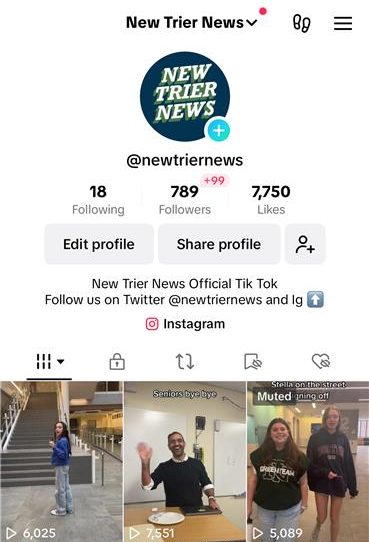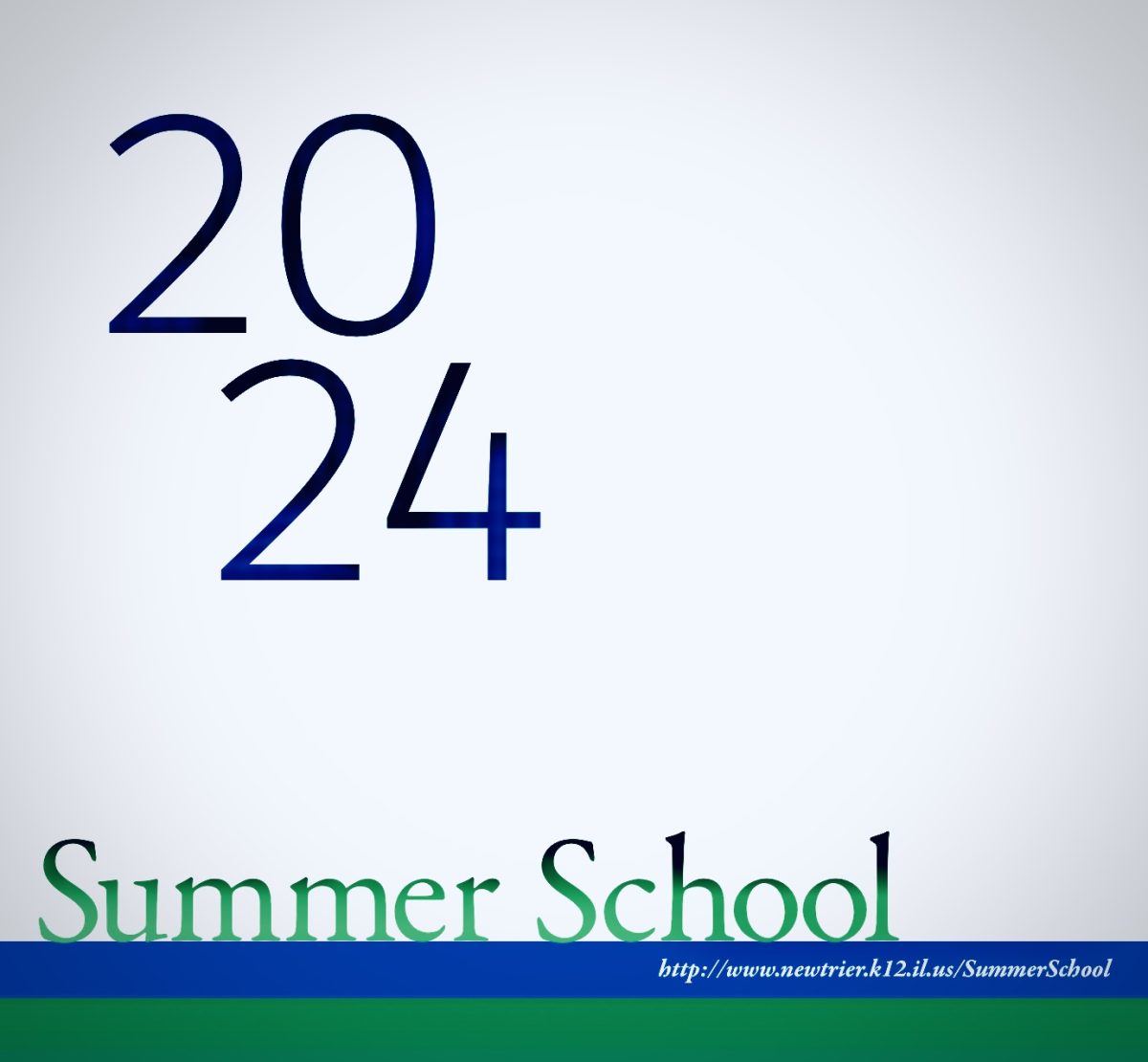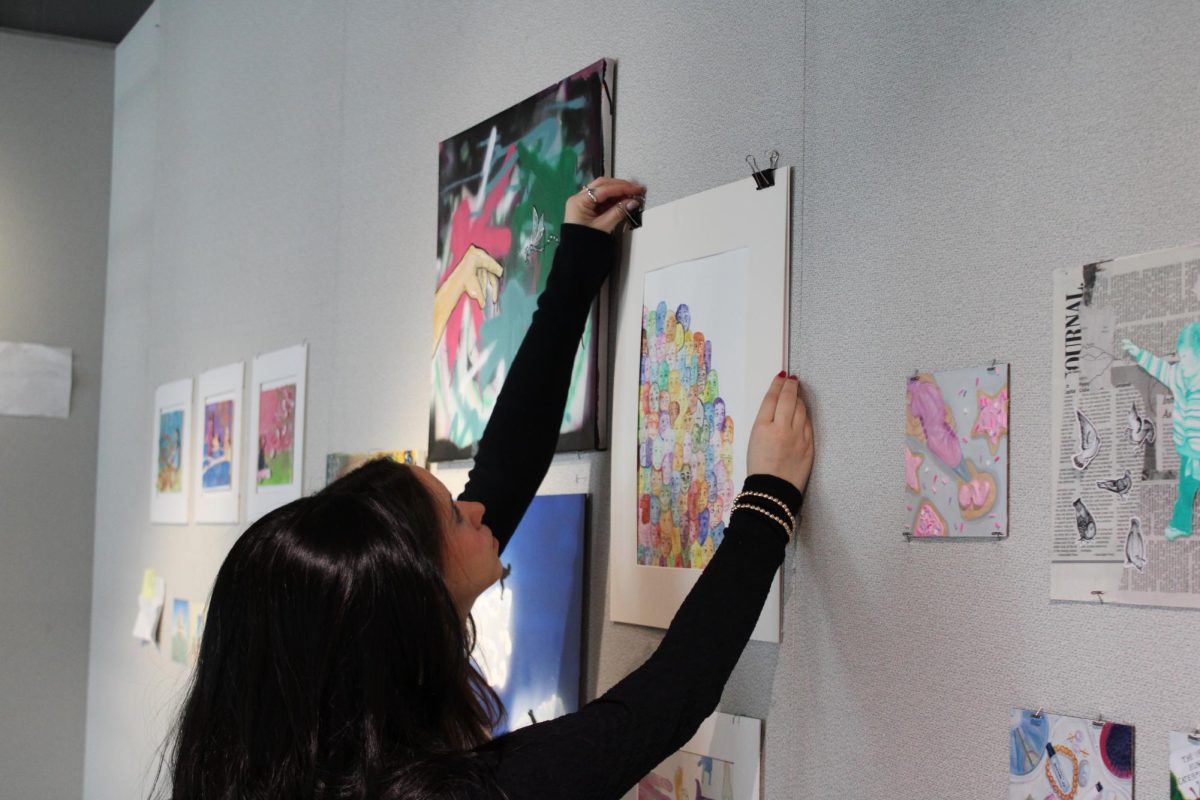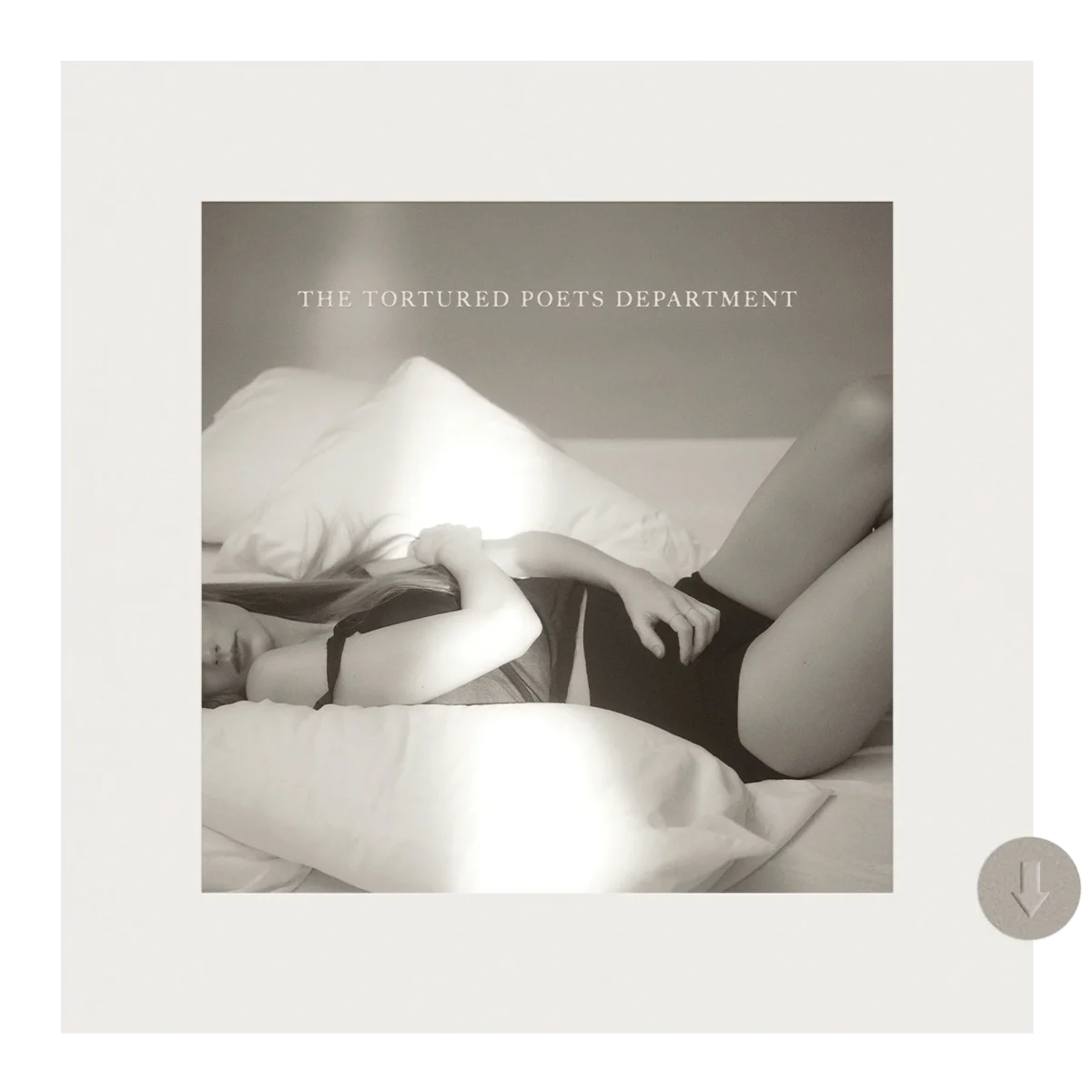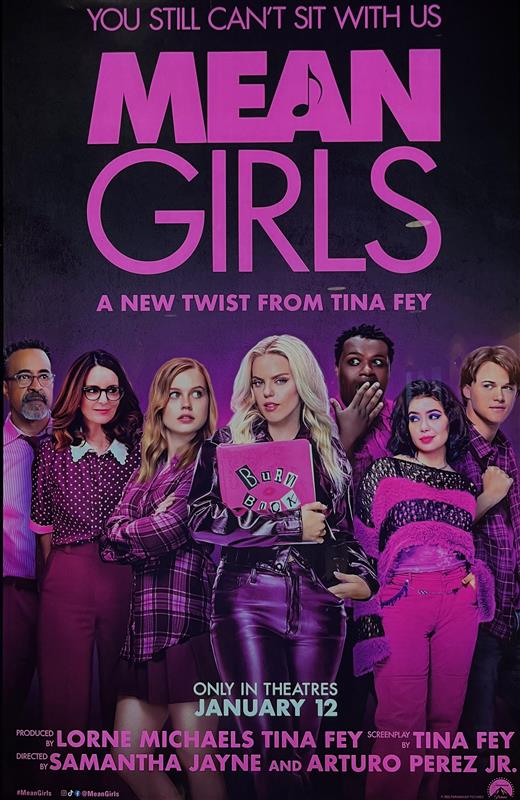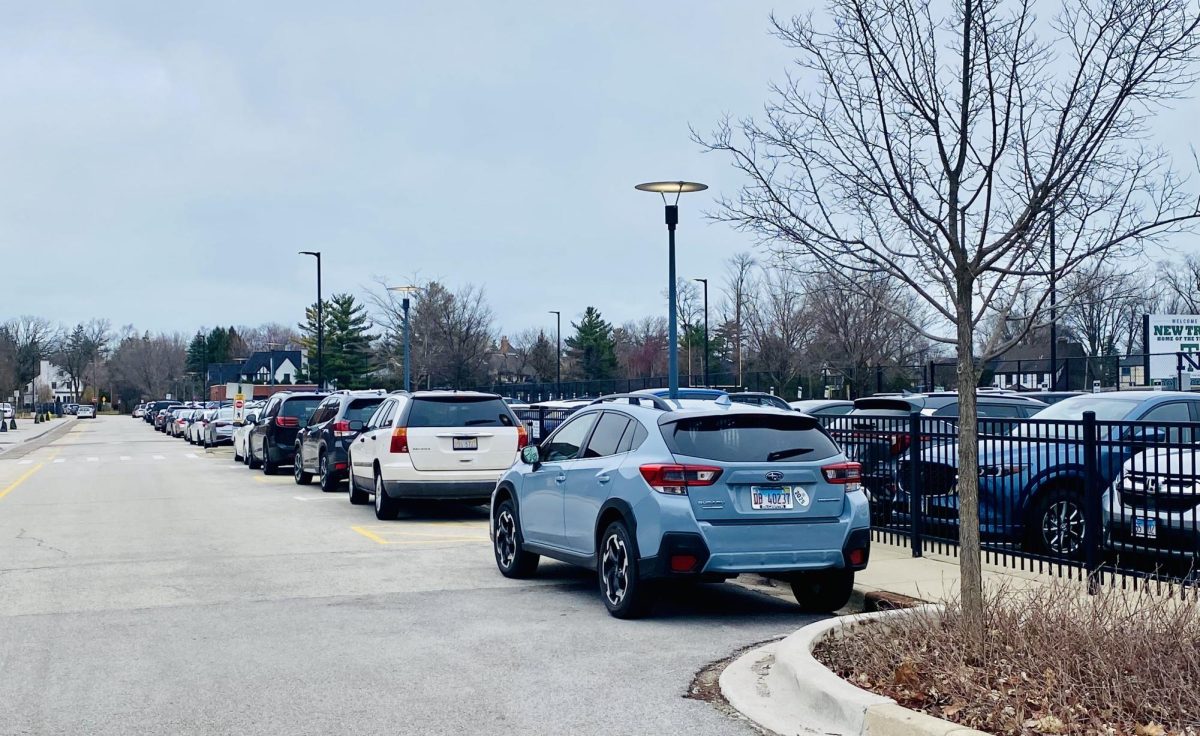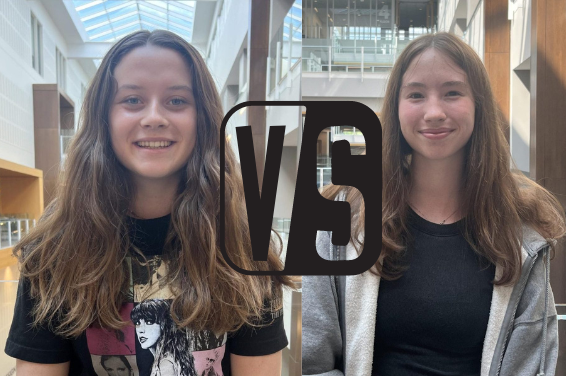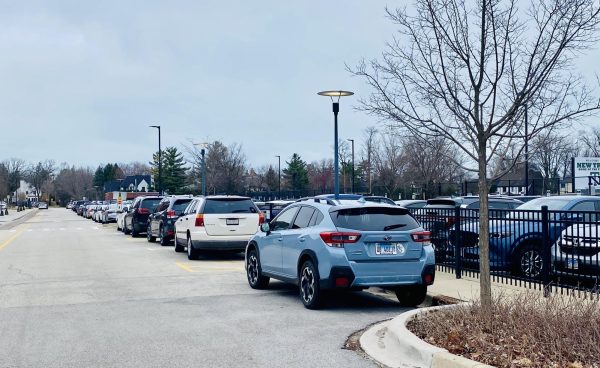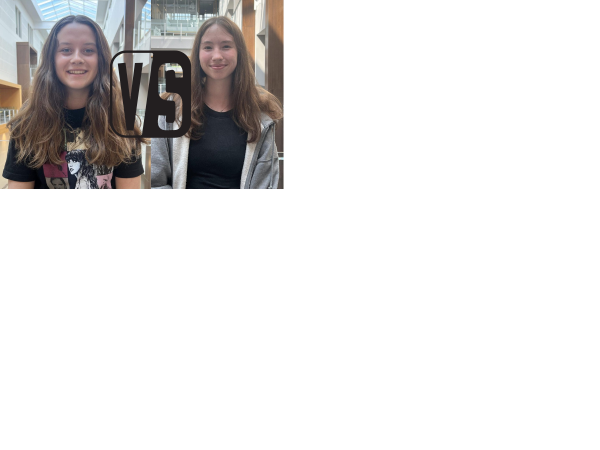The struggles of being Jew-ish
I consider myself to be Jewish.
My dad is a Russian Jewish immigrant who moved to the United States when he was thirteen years old. With them, he and his family brought their faith along.
My mom, on the other hand, was born in Mongolia. She was raised Buddhist.
For those who are unfamiliar with the Jewish faith, traditional Judaism maintains that a person is a Jew if his or her mother is Jewish, regardless of who his or her father is. It seems as though Judaism is more of a nationality than a religion, since a person is born into the faith.
Technically, under these laws, I am not considered Jewish.
Growing up, I never thought much about this. I thought that because I believe in G-d and practice, I was a part of the religion.
I went to temple and participated in Shabbat, which is the Jewish equivalent of Sabbath. Now, I am part of a Jewish youth group called BBYO (B’nai B’rith Youth Organization). The only requirement of BBYO is that an individual must be Jewish to join.
I consider myself to be Jewish, but apparently that doesn’t mean I am.
The older I get, the more doubt I have about how Jewish I really am. According to the historical laws of Judaism, I am not.
I am starting to realize how unfair this situation is for me. I have looked into what I would have to do to finally be able to say without any sort of doubt in my mind that I am 100 percent Jewish.
When I started researching conversion processes, I discovered something surprising. According to Judaism 101, “Judaism does not seek out converts, and actively discourages converts (because a person does not need to be a Jew to be righteous in G-d’s eyes).” I feel as though I am being discouraged for wanting to finally be able to be a valid Jew without having any questions asked.
What baffles me the most is that the religion dissuades conversion, while all of the Jewish matriarchs such as Ruth were also converts.
Then, when I decide to officially convert, according to the halakha, which is the Jewish law, a rabbi must make three intense attempts to dissuade the prospective convert from committing to the faith.
At first, when I read this I was utterly confused. But it soon became clear to me why this was a part of the process.
Jews have significantly more responsibilities than non-Jews. A non-Jewish person just has to follow the seven commandments to be considered a righteous person. Jews, on the other hand, have to follow 613 commandments that were given to us in the Torah.
Having Jewish children is a large part of the culture. Jews want to leave a lineage of future Jewish community members, and for that reason and many others I would like to raise my children to be Jewish. But, if I have children they will not be Jewish, because the mother determines her child’s faith. Then the question came up: if one really wanted a Jewish family, why would one marry someone who is not? I thought to myself about my dad in particular. He tells me how he would prefer if he had Jewish grandkids, and if I married someone Jewish.
The problem is that with him marrying my Buddhist mother, there are extra steps that I have to go through to make this goal attainable. Thank G-d that he did or else I would not be here, but it creates obstacles that could have potentially been avoided.
On the topic of interfaith marriages, traditional Judaism does not permit them. The Torah even goes as far to state that the children of these families would be lost to Judaism. Although I have seen this to be true with some of my friends who are both Catholic and Jewish, I firmly believe this does not apply to all children of interfaith marriages.
Regardless of what religion you are born into, being a part of the religion is much more than just saying you are. For those who were born into the religion, they have the opportunity to continue their faith without any sort of question in regards to if they really are Jewish.
My attempt at officially converting will not be to prove to myself that I am Jewish. I believe I am Jewish and that I belong in the Jewish community. Rather, it is to prove to everyone else that I am in fact fully dedicated and I will do whatever it takes to show it.
I want to convert to Judaism so that my future children don’t have to worry about questioning their faith.



